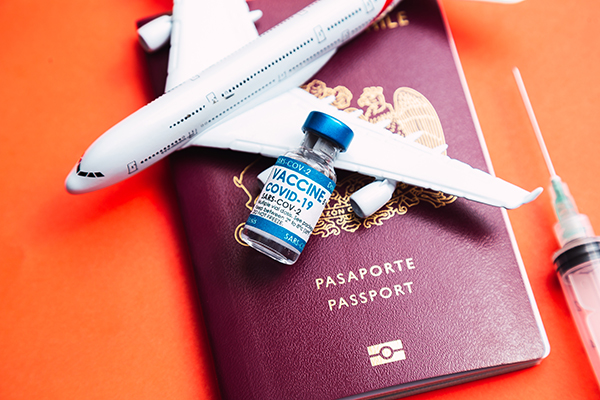Less than 2 percent of the population is getting the recommended daily allowance (RDA) of 4,700 milligrams of potassium each day. Most people in the US are potassium deficient purely because they do not eat enough plants; this comes as no surprise in the fast food nation, but it is still quite worrisome. Potassium is an essential nutrient that is needed for a variety of cellular processes, maintaining electrolyte balance, and is imperative to the function of important organs like your heart and kidneys. [RELATED: Keep up with the latest nutrition headlines at Fresh.news]
Simply put, potassium is a vital nutrient that most of us aren't getting enough of for ideal health. So, what can you do to help boost your intake of this essential mineral? Here are six potassium-rich foods that you can eat to help you meet your body's potassium needs:
1. Avocado
One whole avocado contains an average of 1,068 milligrams of potassium. A 50-gram serving of this delectable fruit provides about 254 milligrams, or six percent of your daily potassium needs. Avocados also boast many other health benefits, like being rich in healthy fats and fiber.
2. Spinach
A one-cup serving of spinach can provide you with approximately 824 milligrams of potassium; this equates to about 24 percent of the RDA. Spinach is a nutrient-dense leafy green that is also quite low in calories. A one-cup serving is only 41 calories, making it an ideal choice for anyone watching their energy intake.
3. Sweet Potato
In just one medium-sized sweet potato, you will find about 952 milligrams of potassium, reeling in about 27 percent of your daily potassium needs. Sweet potatoes are also a great source of fiber and vitamin A. A simple baked sweet potato topped with some fresh herbs is a great way to serve up this tasty tuber.
4. Coconut Water
Coconut water is all the rage lately, and for good reason. One cup of coconut water can boast up to 600 milligrams of potassium, and contains an average of about 13 percent of the suggested daily amount of this vital nutrient. Many people turn to coconut water as a low-calorie, natural alternative to quench their thirst and bolster their intake of potassium.
5. Banana
Bananas are known for their potassium content. A medium-sized banana will contain about about 12 percent of your daily potassium needs, averaging around 422 milligrams. Bananas are also rich in vitamin B6, manganese and vitamin C. They are also a good source of fiber. Bananas are a great addition to packed lunches and make for a great snack.
6. Yogurt
One eight-ounce serving of low-fat plain yogurt boasts a beneficial 380 milligrams of potassium. That provides about 11 percent of your daily needs. However, the same serving of full-fat yogurt provides a bit more potassium, with 420 milligrams, or 12 percent of the RDA. Greek yogurt tends to contain a bit less potassium due to the way it's made; a six ounce serving only contains about 250 milligrams.
Potassium can be found in varying amounts across the spectrum of foods. Most fruits and vegetables contain a noteworthy amount of potassium, though certain kinds obviously contain more than others. Even meats and other types of dairy products feature this valuable mineral. [RELATED: Learn more about what is in your food at Ingredients.news]
The human body uses potassium for a number of different functions, including muscle-building, metabolism, heart function and muscle function. Studies have even shown that increasing your potassium intake can help to reduce your risk of stroke. Overall, potassium is a very important nutrient.
If you're concerned about your potassium intake, you should speak to a naturopathic doctor, especially if you have any other health conditions.
Sources:
Please contact us for more information.























